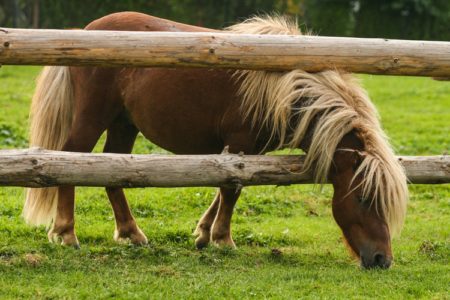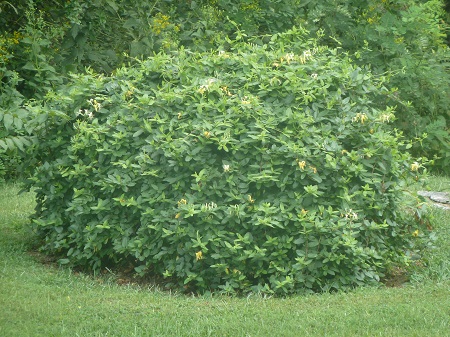Grass Is Always Greener on the Other Side
 The grass is always greener on the other side of the fence. Or so it seems.
The grass is always greener on the other side of the fence. Or so it seems.
That applies to both animals and people. Cows or horses stick their heads through fences to eat grass on the other side. People often try to reach the other side as well.
Many of us believe other people live a better life.
Therefore, we want what we don’t have:
- Bigger homes
- Nicer cars
- Cooler clothes
- Better-paying jobs
- More travel
- Well-behaved children
Life seems perfect for others, while we struggle from day to day. As a result, we get down in the mouth.
The grass is not always greener on the other side.
Most people have problems. No one may see those problems, but they are there. Their problems may differ from ours, but that does not make them any easier.
Happiness comes from within.
We never find happiness by:
- Comparing our lives with others
- Getting more than everyone else
- Eating high on the hog
We find true happiness by:
- Following God’s plan
- Learning to be content in good times and bad
- Valuing people more than things
- Sharing what we have with those in need
Don’t believe the grass is always greener on the other side. It may be occasionally. Usually it is not.
“Godliness with contentment is great gain” (1 Timothy 6:6 NIV).
Thanks to Shirley Redding Rice for the suggestion. Photo courtesy of Unsplash.
Do you have an expression you want explained or a thought about this one? If so, please comment below.
Subscribe to receive my weekly posts by email and receive a free copy of “Words of Hope for Days that Hurt.”
If you enjoyed this post, please share it with your friends.
 If we search high and low, we look everywhere.
If we search high and low, we look everywhere.  Easy does it tells us to move slowly and carefully.
Easy does it tells us to move slowly and carefully. “Nip it in the bud. Just nip it in the bud.”
“Nip it in the bud. Just nip it in the bud.”  The first time I saw the ocean was a watershed moment.
The first time I saw the ocean was a watershed moment.  I always thought up a stump meant the same as stumped. My friend Patty Cooper Emerson explained a difference in the two.
I always thought up a stump meant the same as stumped. My friend Patty Cooper Emerson explained a difference in the two.
 We can’t control everything in our lives.
We can’t control everything in our lives.  If you have seen elk or other animals lock horns, you know exactly what this expression means. Two animals fight one another. The fight often results in locked horns (or antlers).
If you have seen elk or other animals lock horns, you know exactly what this expression means. Two animals fight one another. The fight often results in locked horns (or antlers). We don’t want anyone to cry crocodile tears for us. Neither do we want to cry crocodile tears for anyone else.
We don’t want anyone to cry crocodile tears for us. Neither do we want to cry crocodile tears for anyone else. Do berries grow on a cherry tree? I don’t think so. Yet, this picture looks that way.
Do berries grow on a cherry tree? I don’t think so. Yet, this picture looks that way.